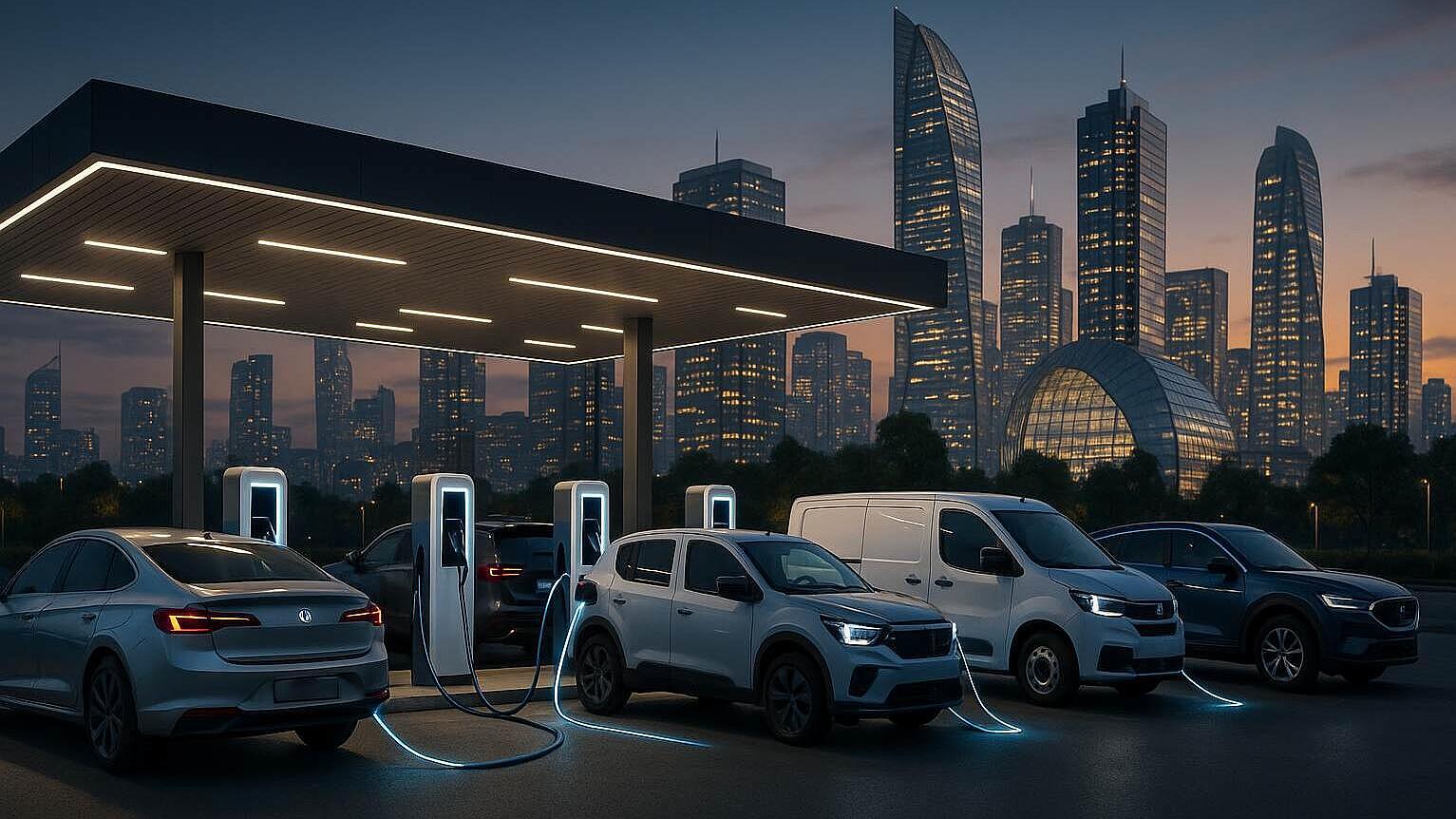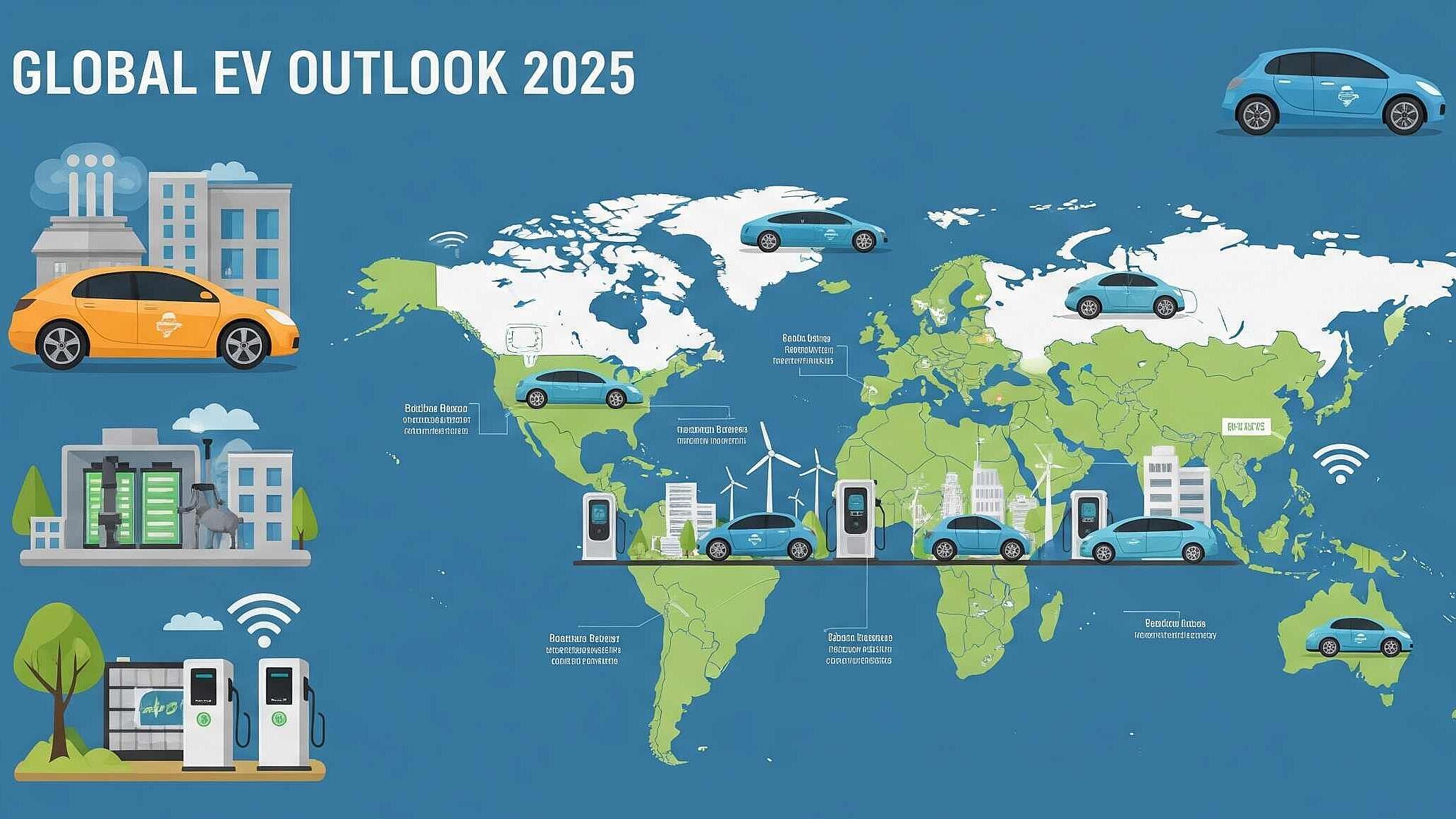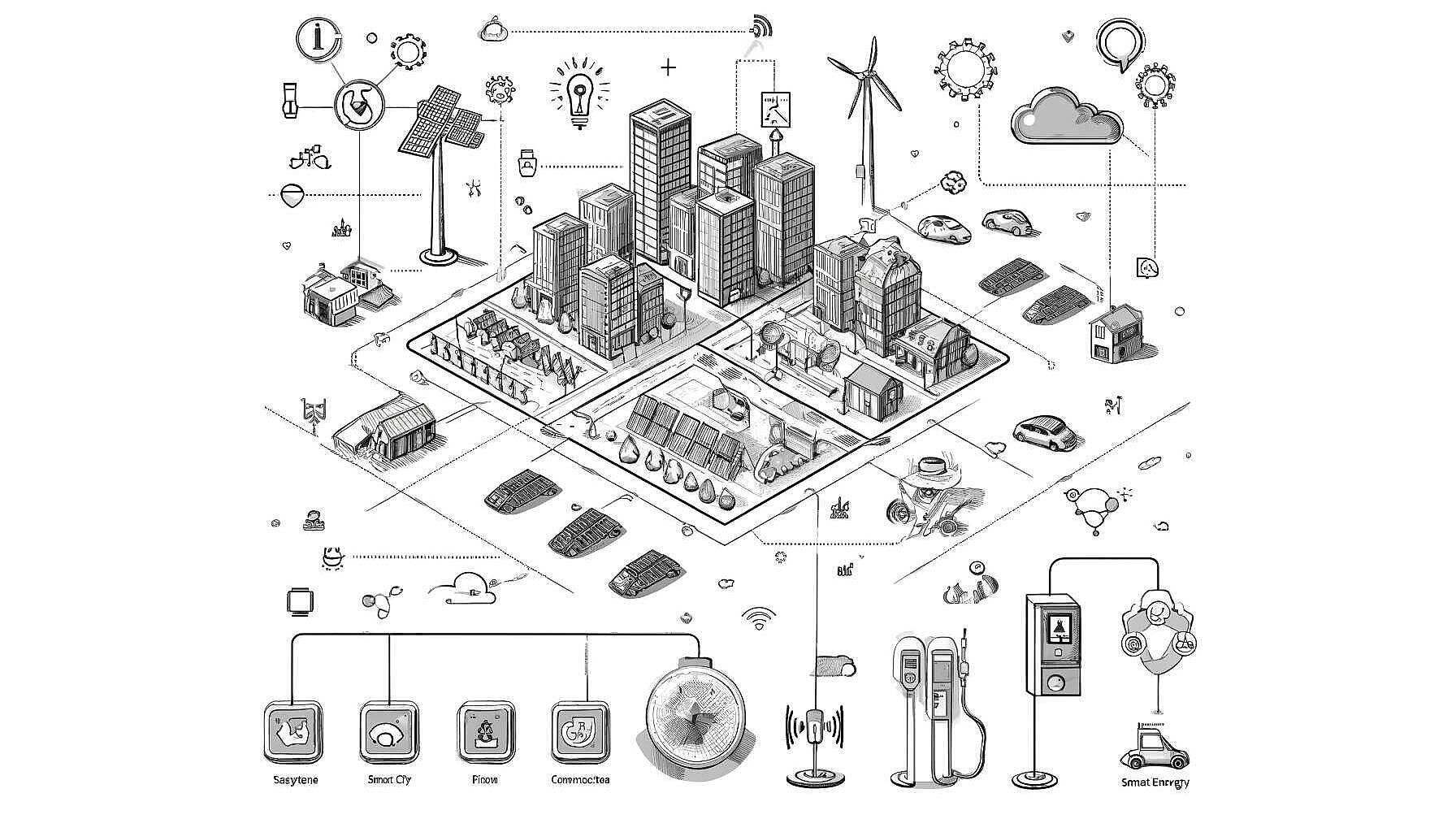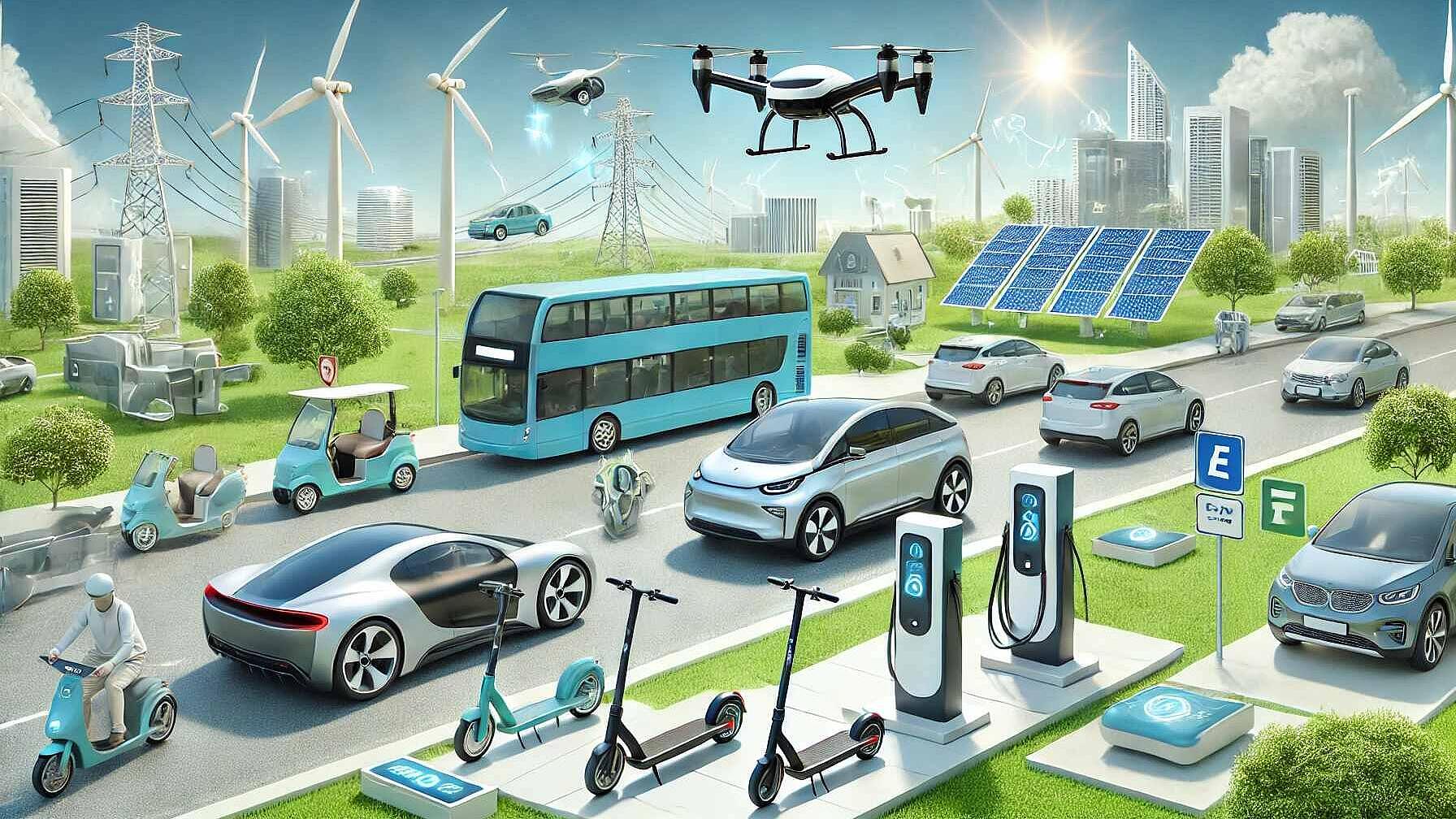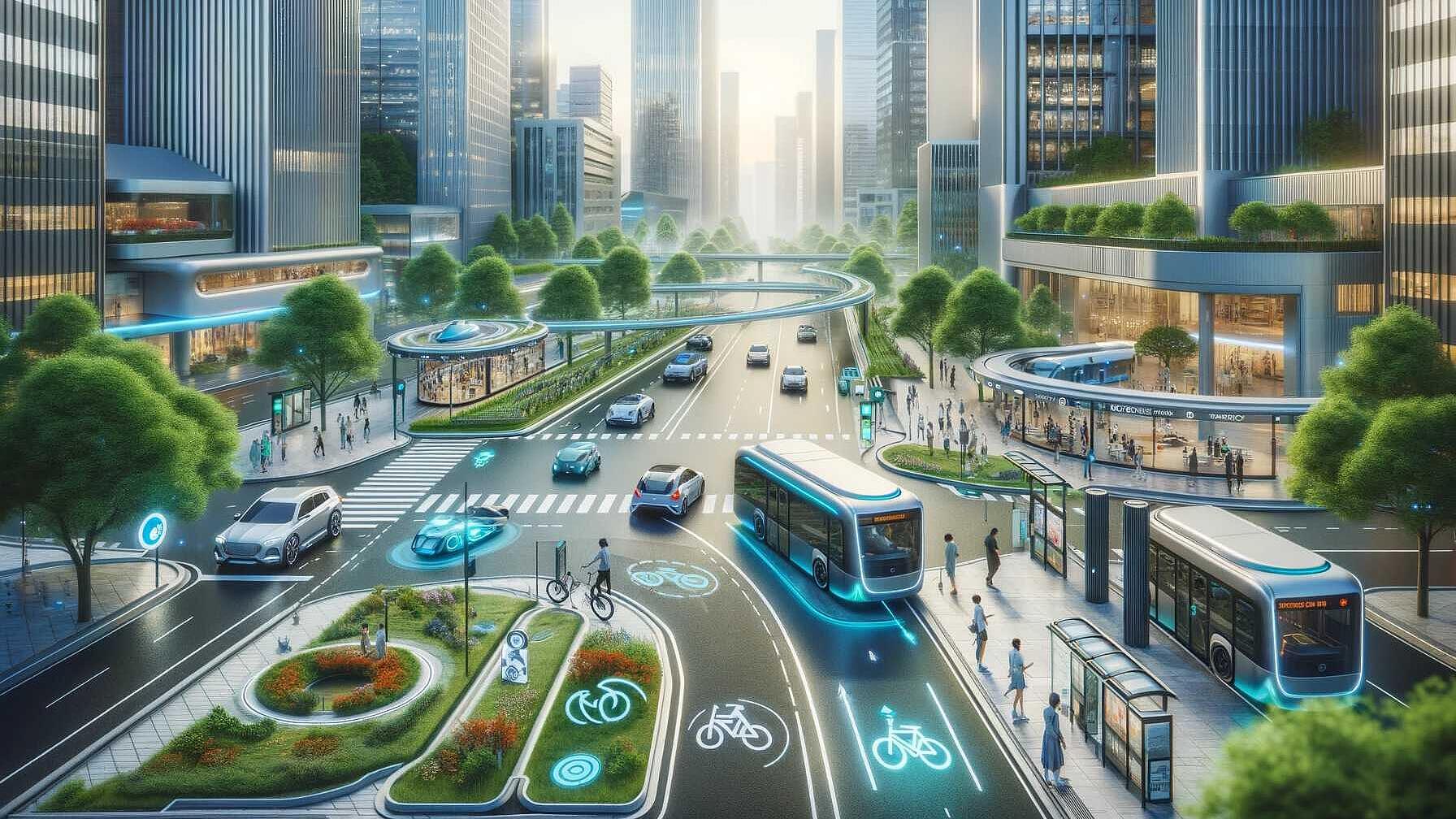 Buildings & Transport
Buildings & TransportBuildings & Transport
Bulgaria is among the European countries most hard hit by energy poverty. Many of the building stock dates back to the Communist era, when electricity was cheap. The problem is that to be heated properly, these buildings should now undergo full and very expensive renovations, which are unaffordable for their tenants. In 2020, the European Commission already recommended the structural renovation of private and public buildings to address energy poverty. The real winners were once again gas companies which increased their profits, but they do not move us towards a fair and sustainable transition. Despite being more pronounced among the poorest countries and social classes, energy poverty Bulgaria is far from being alone in facing these problems: two years ago, some 36 million Europeans were unable to keep their homes adequately warm, and in 2020, European Commission has already recommended structural renovation. And Bulgaria is not the only country where everybody works full-time and now exists absolutely in every country, but the pandemic in 2020 was the turning point.
Read Full articleThe smart city puzzle: cities, platforms and service provider
Working in smart city projects requires to bring together different players in this very diverse eco-system, from IT to product suppliers, service providers, finance, social innovators and of course the cities with their various departments. A good way to start is looking at top notch smart city projects as well as knowledge, matchmaking and IT platforms.
Read Full articleCharging Ahead: How Electric Vehicles Are Powering a Sustainable Future for the Next Generation of Innovators
The paper discusses the rapid global adoption of electric vehicles (EVs), driven by falling battery costs, government incentives, and a growing commitment to environmental sustainability. Advances in technology, like solid-state batteries and Vehicle-to-Grid systems, are enhancing EV capabilities and integration into energy grids. Despite challenges like charging infrastructure and ethical material sourcing, EVs are increasingly seen as crucial for cleaner transportation and climate change mitigation, impacting energy systems, creating new economic opportunities, and transforming urban environments.
Read Full articleTransforming the Grid: Electric Vehicles as Key Players in the Energy Landscape
The "Solution Booklet: Electric Vehicles and the Grid" discusses the increase of EVs in Europe, the necessity for robust charging infrastructures, strategic city planning for EV integration, technical, societal, and governance aspects of smart charging and V2G technologies, as well as innovative solutions and economic considerations for successful EV and energy grid synergy.
Read Full articleEV Revolution: Transforming Global Mobility Through Innovation and Accessibility
In 2024, global electric vehicle (EV) sales exceeded 17 million, a significant increase from 2020 totals. China's electric car sales hit 11 million, driving affordability and adoption worldwide. Battery cost reductions and technological advancements improved EV competitiveness, while the expansion of charging infrastructure supported the growing EV market. Electric commercial transport also gained momentum, with electric trucks becoming more economically feasible. Projections suggest EVs will continue to grow, reaching substantial market shares globally by 2030.
Read Full articleRevolutionizing Urban Living: Insights from the STARDUST Project
The STARDUST project exemplifies sustainable urban transformation through smart integration in energy, mobility, and ICT in "lighthouse" and "follower" cities, focusing on renewable infrastructure, innovative technologies, regulatory adaptability, stakeholder engagement, and novel business models to foster replicable sustainable city initiatives.
Read Full articleMayors Leading the Charge: A Deep Dive into the Eurocities Survey
The Eurocities Pulse Mayors Survey 2024 indicates that European mayors prioritize climate action, seek EU support for sustainability, and face funding and housing challenges amidst global pressures. Innovation drives urban transformation, with collaborative governance being crucial for tackling complex, interconnected issues.
Read Full articleOverview of main actors in the e-mobility ecosystem
The paper addresses the EU's transition to electric vehicles (EVs) as key in decarbonizing transport sector emissions, crucial to achieving 2040 climate targets. The EV ecosystem involves various stakeholders, including OEMs, CPOs, and DSOs, working together towards electrification. Policies like RED, AFIR, EPBD, and the Sustainable Battery Regulation support this shift, while investment in EV infrastructure is projected to significantly increase. Data sharing is emphasized as essential for ecosystem efficiency.
Read Full articleRevolutionizing Transit: Europe's Top Smart Mobility Solutions
Europe advances smart mobility, driven by sustainability and urbanization challenges. EU policies promote electric and autonomous transport, integrating innovations like IoT, MaaS, and AI. Case studies from Barcelona, Stockholm, and Amsterdam highlight smart solutions reshaping urban travel, setting global benchmarks.
Read Full articleNew R&D Funding Opportunity to Upscale Circular Economy Practice in Cities
CircularPSP, a consortium of eight European CE cities, is investing €5.64 million in CE R&D to expedite the circular practice adoption in municipalities and local businesses. The call for tender targets suppliers to create innovative CE solutions, with the bid deadline set for April 1, 2024.
Read Full article

